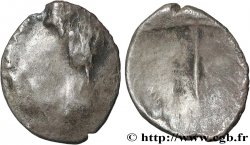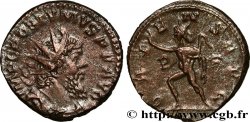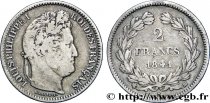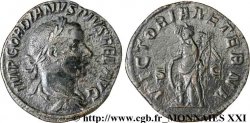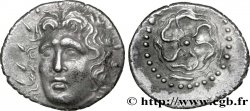E-auction 317-234306 - bga_534680 - SALUVII Obole dite “au soleil”
You must signin and be an approved bidder to bid, LOGIN TO BID. Accounts are subject to approval and the approval process takes place within 48 hours. Do not wait until the day a sale closes to register. Clicking on « bid » constitutes acceptance of the terms of use of cgb.fr private e-auctions.
Bids must be placed in whole Euro amounts only. The sale will start closing at the time stated on the item description; any bids received at the site after the closing time will not be executed. Transmission times may vary and bids could be rejected if you wait until the last second. For further information ckeck the E-auctions F.A.Q.
NO BUYER'S FEE.
NO BUYER'S FEE.
| Estimate : | 250 € |
| Price : | 82 € |
| Maximum bid : | 90 € |
| End of the sale : | 13 May 2019 14:05:00 |
| bidders : | 6 bidders |
Type : Obole dite “au soleil”
Date: c. 150-50 AC.
Metal : silver
Diameter : 9,50 mm
Weight : 0,43 g.
Rarity : R3
Coments on the condition:
L’état de conservation est remarquable pour le type ! Joli droit. Patine grise
Catalogue references :
Obverse
Obverse legend : ANÉPIGRAPHE.
Obverse description : Tête à gauche.
Reverse
Reverse description : Roue à rayons, très stylisée, avec un gros moyeu central.
Commentary
Ces monnaies seraient des imitations des oboles de Marseille, largement stylisées et dégénérées, émises par les peuples de l'arrière pays marseillais. Ce type avec la tête à gauche correspond parfaitement à la monnaie OBP-24B page 171 du dictionnaire des monnaies découvertes en Gaule Méditerranéenne.







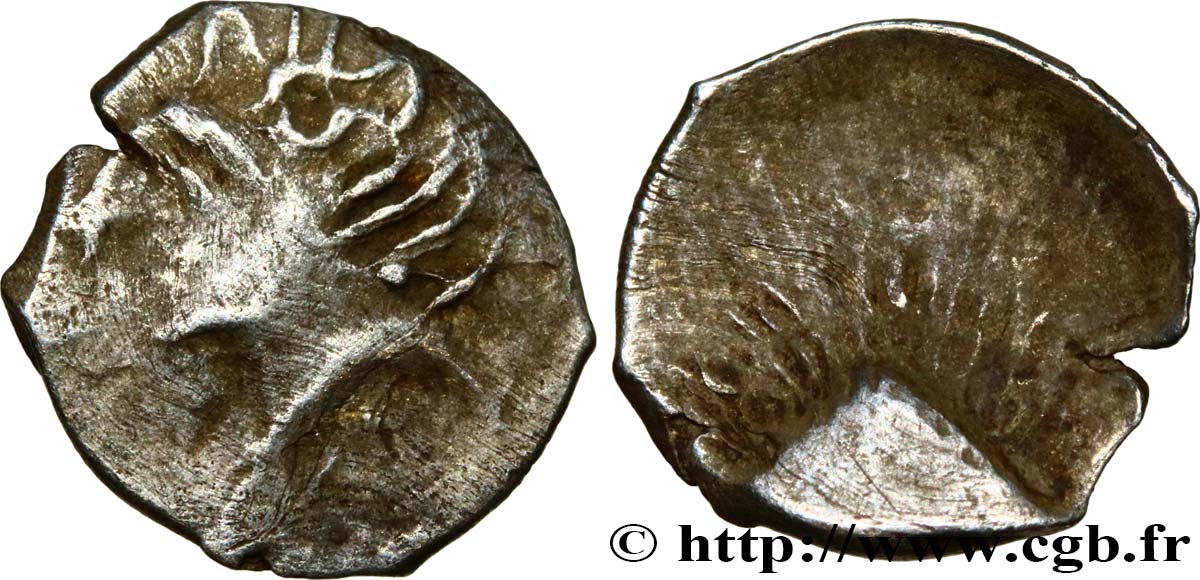
 Report a mistake
Report a mistake Print the page
Print the page Share my selection
Share my selection Ask a question
Ask a question Consign / sell
Consign / sell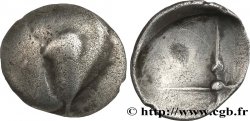
 Full data
Full data


